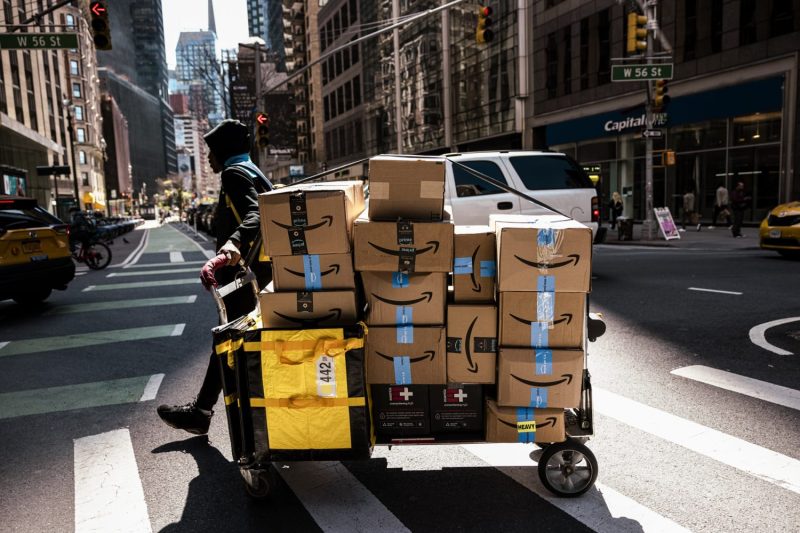Amazon Workers Worldwide Set to Protest on Black Friday Weekend, Union Federation Says
The global e-commerce giant Amazon is facing widespread worker discontent, as highlighted by an upcoming series of protests set to take place on Black Friday weekend. The protests, organized by a union federation, are set to draw attention to the concerns and grievances of Amazon employees worldwide. This development underscores the growing challenges faced by Amazon in managing its workforce and maintaining positive labor relations.
According to reports, the protests are slated to occur in multiple countries, including the United States, the United Kingdom, Germany, and Spain. Workers are expected to demand better wages, improved working conditions, and enhanced job security. These demands reflect long-standing issues within Amazon’s workforce, where employees have frequently raised concerns about low pay, intense work pressure, and inadequate benefits.
The union federation organizing the protests has been instrumental in amplifying the voices of Amazon workers and advocating for their rights. By coordinating these global demonstrations, the federation aims to draw attention to the common challenges faced by employees across different regions and to underscore the need for collective action to address these issues.
One of the key focal points of the protests is likely to be the issue of inadequate worker protections, particularly in light of the COVID-19 pandemic. Reports have highlighted instances where Amazon employees have faced health and safety risks at work, including insufficient protective measures and limited access to healthcare support. By highlighting these concerns, the protests aim to hold Amazon accountable for safeguarding the well-being of its workforce.
In response to the planned protests, Amazon has reiterated its commitment to the welfare of its employees and emphasized its efforts to provide competitive wages and benefits. The company has also emphasized its investments in workplace safety measures and initiatives aimed at enhancing the overall employee experience.
Despite these assurances, the planned protests signal the need for ongoing dialogue and engagement between Amazon and its workforce. The growing dissatisfaction among employees underscores the importance of addressing their concerns in a meaningful and sustainable manner. Moving forward, it will be critical for Amazon to proactively engage with its workforce, listen to their feedback, and take concrete steps to improve the working conditions and overall well-being of its employees.
In conclusion, the upcoming protests by Amazon workers worldwide serve as a stark reminder of the challenges faced by one of the world’s largest e-commerce companies. By voicing their demands and concerns through coordinated demonstrations, employees are advocating for better treatment, improved working conditions, and greater job security. As Amazon navigates this period of heightened scrutiny, it is imperative for the company to demonstrate its commitment to addressing the grievances raised by its workforce and fostering a culture of respect and collaboration. Only through genuine dialogue and meaningful action can Amazon build stronger and more positive relationships with its employees and create a workplace that prioritizes their well-being and success.
